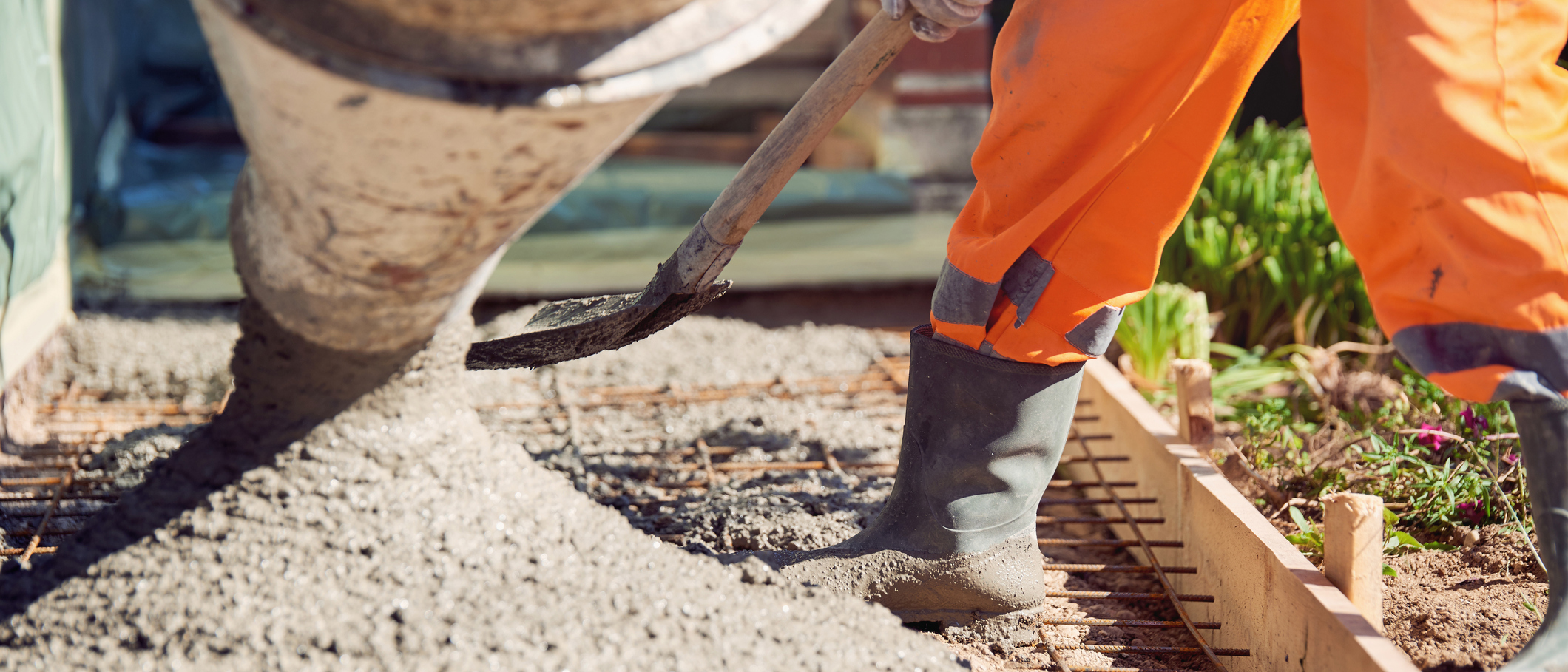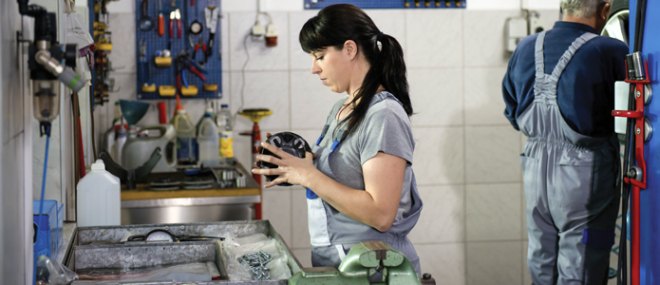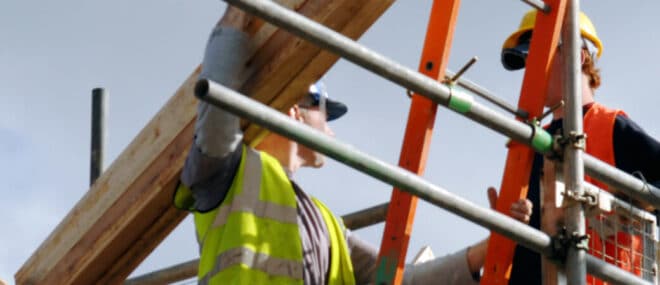With such a wide variety of insurance packages out there, a specific product like construction insurance can seem like a useless expense. If you already have a general business policy, for instance, why would you need additional coverage?
Well, different industries bring different exposures – and the construction and contracting sectors can be especially risky. Whether you work in infrastructure, residential, commercial, or institutional construction, there’s a lot on the line. Everything from equipment and employees to materials and worksites need to be protected when you take on a project, and a more general policy may not cut it.
Construction insurance isn’t only for your benefit. In many cases, you’ll be required to have specific coverage in order to be awarded a project, or even to be involved in the bidding process. The bottom line is that every construction business needs insurance, but what’s most important is that you have the right coverage for the job.
Construction vs. contracting insurance: what’s the difference?
Running a nationwide construction company is going to require a different toolkit than operating a small general contracting business. Size is one major distinction: a new construction project is typically a large undertaking, with many people involved. In turn, the construction company would need comprehensive and flexible protection that can extend to individual workers, which comes in the form of a construction project insurance policy.
Contractors who specialize in a specific trade – whether it’s electrical work, concrete installation, or interior finishing – will face specific risks, and they have to look out for their own safety. If you’re a contractor, you’ll need some of the same coverage that a construction company needs, but your policy should speak to your specific trade (and the inherent exposures), your business assets, and your daily operations.
2 unique coverages for construction companies
Property and liability coverage are the two main categories of business insurance, but there are more specific insurance features that speak to specific elements in construction projects. Here are two of the key construction project coverages to consider.
Builder’s Risk
A type of property insurance tailored to the construction industry, Builder’s Risk is designed to cover the project owner and contractors for their labour, equipment, and building materials. This becomes increasingly important as a project continues: more materials will accumulate, labour hours add up, and more equipment may be stored on the worksite, which means there’s more to lose.
Wrap Up Liability
This is a type of liability insurance geared toward construction projects and can cover owners, contractors and subcontractors. Wrap Up Liability can help cover your legal costs for liability exposures that result in damage or loss for your client – and a lawsuit for your company. Since many things can go awry during a project, this is an important form of protection.
Top 3 coverages for contractors
Contractors will need coverage from the very start of a project – and sometimes even after the project wraps up. Specific trades may have different insurance needs, but these three coverages are generally useful for all contractors to have.
Installation and Tool Floater
The materials you have for your upcoming job will likely be covered at the job site, in transit, and even at a storage site while awaiting installation. What if the storage facility burned down while your materials were there? You’d be left with a significant replacement expense, but Installation and Tool Floater would typically help cover that cost.
General Liability
Mistakes happen, and they can be expensive. If you were to inadvertently cause third party property damage or bodily injury as a result of your work or operations, a Commercial General Liability (CGL) policy can help cover the loss. CGL could also defend you and your company against such allegations.
Non-owned Auto
Your personal auto insurance policy may not measure up if you or your employees run into trouble while using your own vehicles for business errands. But if you were to hit another car and injure the driver while delivering tools to a worksite, a non-owned auto policy extension could step in to help.
Building your policy – what to consider
Your contracting or construction business has many moving parts, and unique elements that deserve careful attention. Despite some common and crucial coverages, there’s no one-size-fits-all policy, and so you’ll have to examine your needs against the available options. This is where a broker can help you out.
Construction insurance may seem complicated, but with a bit of research and the right guidance, it’s easy to get the coverage you need to protect your bottom line and continue to build a successful business. Visit our construction insurance page or our contractors’ insurance page to see how our policies check all the boxes.




